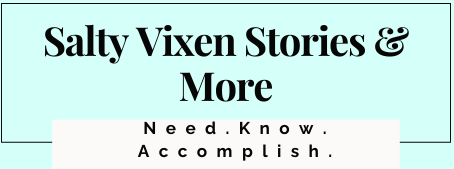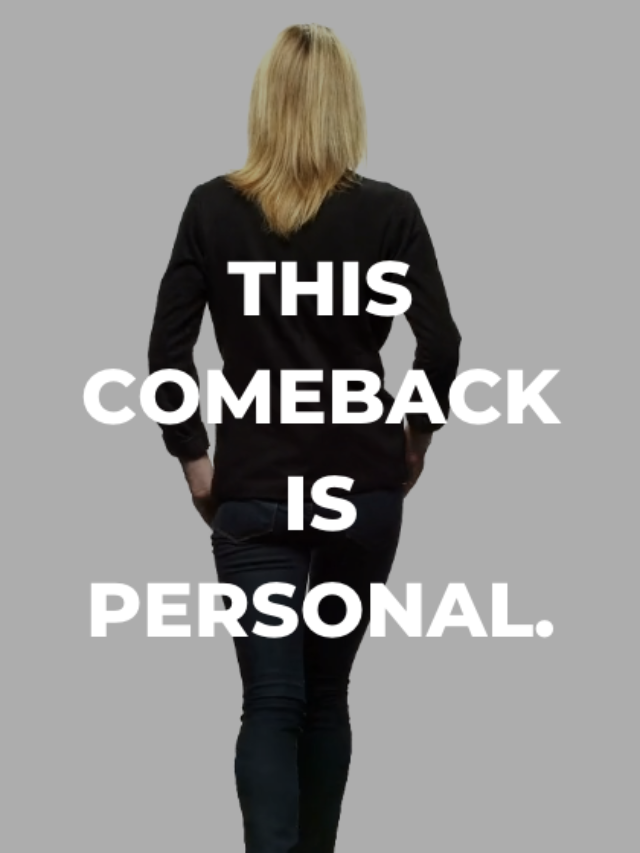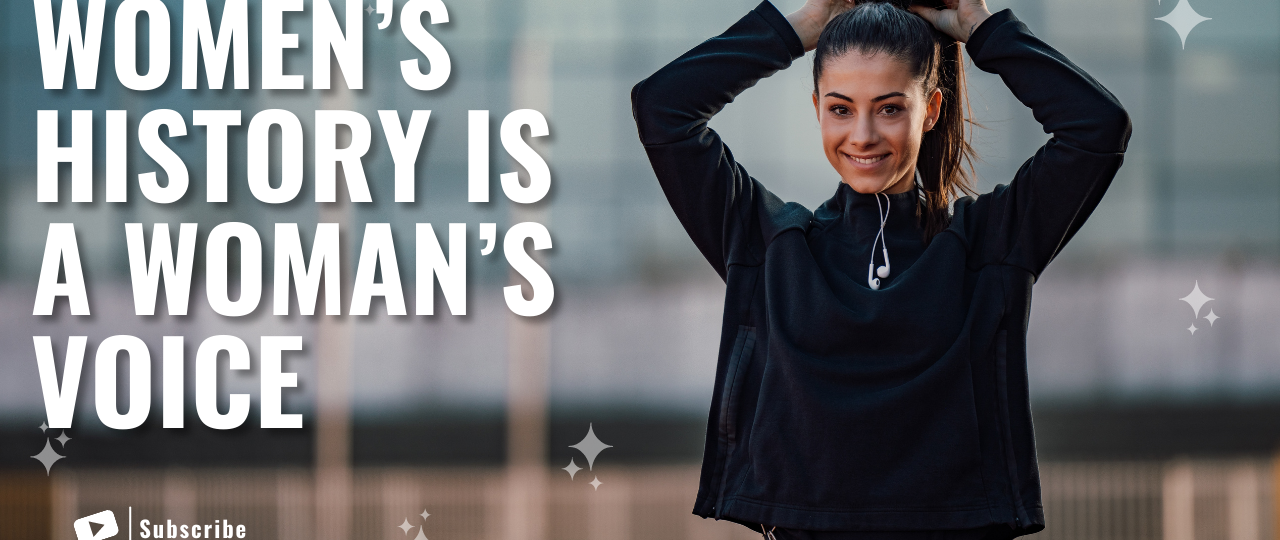It is 2023 and we are debating “What is a Woman” (I recommend you watch Matt Walsh from DailyWire.com’s "What is a Woman" documentary) . I feel because of media, social media and the very rich people in the background are not letting us women have a voice anymore. For women, the absence of knowledge about women’s past has been a deprivation perhaps even more serious than those due to economic & political discrimination and unequal access to opportunity.
By not knowing the true role of women in the building of society, most women grow up deprived of heroines. We grow up thinking: “No one like me has ever done anything important or significant.” For being part of history is an essential aspect of being human and the relationship we have to history affects our lives, our self-perception, our future.
History is the story of the collective lives and experiences, thoughts and actions of people of past generations. On a personal level, history is the story of one’s own life and generation; it is an autobiography ,diary and biography. It is the story of one’s family, the changes and shifts in structure and life cycles, in rituals and beliefs. History is the means whereby we assert the continuity of human life- collective social immorality and whereby we record past knowledge and experience for future generations.
History is not the record of all past events. Rather, it is the record of past events as interpreted by succeeding generations of historians. History is not a collection of facts, absolute truths and eternal interpretations, but it is a continuous cultural endeavor, by which society expresses its values and beliefs.
It is through the selection of process of history making that we assign significant past battles and coronations and the marriages of kings, we assign value to such events in the present .If we single out a significant the activities of ordinary people as well- farmers, workers, businessmen, we implicitly assign cultural value to their activities in the present. It is in this selection process of history making that women have been short changed.
Women, one half of the nation, have always been active and essential in the creation and maintenance of our nation’s institutions and values. But history’s traditionally recorded and interpreted by (male) historians has been in fact the history of the activities of men ordered by male values. We might properly call it “Men’s history.” Women have barely figured in it. The few who appear in it have been members of important families or relatives of important men or, occasionally, women who have performed roles usually reserved for men.
Women of the past have remained anonymous and invisible. At different historical periods other subordinate groups, such as slaves, peasants, serfs, colonials, have been assigned to historical invisibility. As each of these groups has come closer to equality and power, its past has become more visible. But women, whose status and role are essentially different from that of any minority, have been longest been denied their history.
Women’s History, then, is an effort to counteract and androcentric bias of selection in the recording and interpretation of the past. Women’s History seeks to recover the lost past of women. It is a strategy, an angle of vision, by which we not only find the obscured facts about the past of women, but ways in which to order and interpret the facts from a women-centered point of view. Women’s History challenges the concept of the marginality of women.
Women have transmitted the cultural heritage to their children of both sexes; we have created the supporting structure upon which men have built economic and political institutions to allocate power.
Women have provided the continuity in the building of communities; we have created ways of caring for children, the sick, the handicapped, the poor. We have, in voluntary associations, clubs and organizations, experimented with forms for social care and for humanizing our communities.
Women have always worked for self-support and the support of family members; we have worked in the lowest-status, lowest-paying jobs outside the home and we have worked without pay, for love, within the home. Throughout most of our history, we have done both jobs at once, assuming woman’s double burden.
Women have always struggled for their own emancipation, for equality of opportunity and equality of rights for themselves and other oppressed groups. In the long course of our history, we have bonded together with there women, although often divided by barriers of race, class, nationality and religion, yet always reaching out for sisterhood in our common striving for autonomy.
All of this is the content of Women’s History; all of this is the lost heritage of every woman .It is also the heritage of every man, for the lack of knowledge about the past of women distorts everyone’s connects of the present and the future.
Today’s women need to know about the thousands of constructive activities women of the past carried on in co-operation with each other, the vast coalition movements they built, for reforms, for social change, for the welfare of children, for woman suffrage.
Today’s women need to learn from the experiences and knowledge of their foremothers; they need to discover heroines.
Women’s History offers us a long record of attempts at communal solutions for social problems. American women have known for centuries that the personal is political, and have built upon such knowledge. It is our loss to be ignorant of their work and thus to be forces, over and over again, to invent the wheel.
Women’s History is woman’s right- an indispensable heritage from which we can draw pride, comfort courage and vision. It is a heritage to which we are entitled and which we will, at long last, no longer be shunned.




















